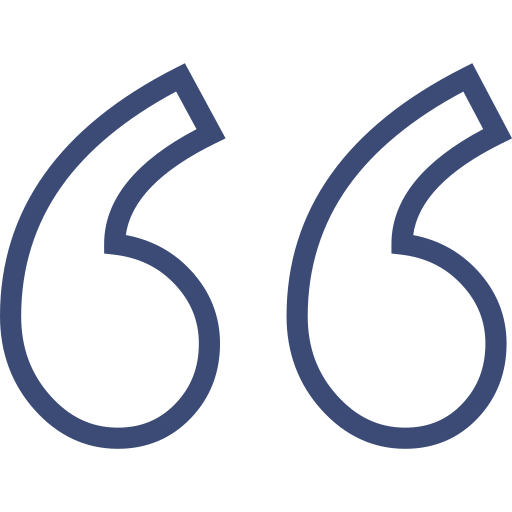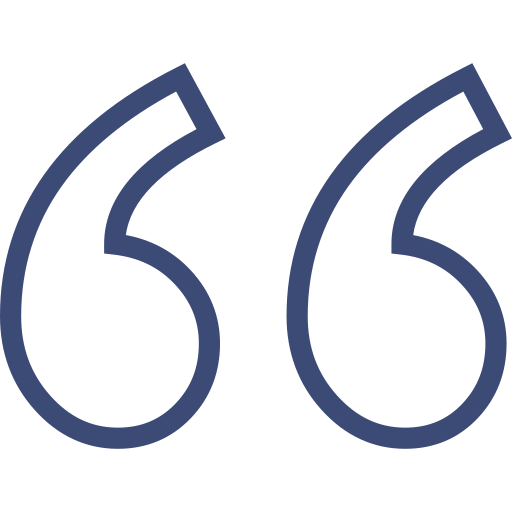
How to conduct effective academic research: 9 key methods
Choose the research methodology best suited to your situation What is a research methodology...





Don't fall into the traps of unintentional plagiarism!
You must always cite your sources, even when you are using:
The Compilatio Studium detection software is designed to guide you as a student, ensuring that all your sources are properly cited.
When you quote an author's words, enclose them in quotation marks.
Keep in mind that the rules for using quotation marks may vary depending on the language and citation style adopted. For example, in French, quotation marks are often used where English would use italics. Additionally, citation styles like APA, MLA, or Chicago have specific guidelines for the use of quotation marks.



Bibliographic references should follow a precise citation standard.
The standard determines what to include and in what order. It is either chosen by the writer or imposed by the educational institution. You should verify which standard to follow before writing an internship report, thesis, dissertation or any other research-based work. In all cases, only one standard should be used for the entire document to ensure consistency, which the grader will appreciate.
The 5 most commonly used citation standards are:
In order to respect copyright, bibliographic annotations may appear in various places in the research work:
The bibliographic reference allows the examiner to deepen his or her knowledge, certifies the quality of the assignment and helps to respect copyright. There are various ways of formatting your bibliography, through rigorous classification:



As a student, how can you know if your work contains plagiarism?
Using Plagiarism detection software, like Compilatio Studium, is essential to prevent plagiarism. It secures your writings, allows you to attest to the integrity of your academic documents and eliminate plagiarism from your work.
Designed especially for students, Compilatio Studium effectively guides you in detecting and correcting similarities and AI content.
Compilatio Studium is your best ally to avoid plagiarism and eliminate it from your thesis or dissertation.

As a teacher, how can you identify plagiarism in your students' work?
Compilatio Magister and Magister+ are essential tools for detecting plagiarism and the use of AI in academic work.
These plagiarism checkers are specifically designed for secondary and higher education environments. They check the integrity of the work and go further. They provide comprehensive support, including resources for plagiarism awareness, advanced detection features, and continuous support.
Compilatio Magister and Magister+ support teachers and educational institutions in raising awareness of plagiarism, preventing it, and detecting it.

In an internship report, it is crucial to clearly distinguish your personal contributions from borrowed knowledge. When referencing your company's presentation or data from other works, make sure to cite them correctly. It's also important to write the internship report in your own words and avoid copying and pasting without attributing the author.
To learn more about academic integrity, check out regularly our blog posts, subscribe to the Compilatio newsletter and our social networks (see bottom of page 😉 ).

To check for plagiarism in your paper, essay or dissertation, it is essential to first understand and apply the principles of citation and referencing. Whenever you use ideas, data, or texts that are not your own, you must clearly identify them with appropriate citations and a complete bibliography.
Then, you can use plagiarism detection software to check the originality of your work before submission.

Writing a PhD thesis is a major academic challenge. It requires special attention to originality and authenticity. To avoid any plagiarism, it is vital to adopt a methodical approach in your research and the citation of your sources. Each piece of data must be precisely referenced, following the citation standards established in your field of study. Creating a comprehensive bibliography is also essential.
Finally, consider using anti-plagiarism tools to review your work before submission, ensuring that your PhD thesis is truly the result of your own efforts and original thinking.

Choose the research methodology best suited to your situation What is a research methodology...

In a world where information spreads at lightning speed and media credibility is constantly...

AI is now a tool that’s omnipresent in our daily lives, which makes it essential to understand...
At Compilatio, we are committed to supporting academic integrity and promoting the creation of original works, in compliance with academic standards and copyright laws.
Compilatio offers software to help detect plagiarism and AI-generated content, as well as various educational resources to prevent plagiarism., whether it be in an internship report, a dissertation, or a thesis.